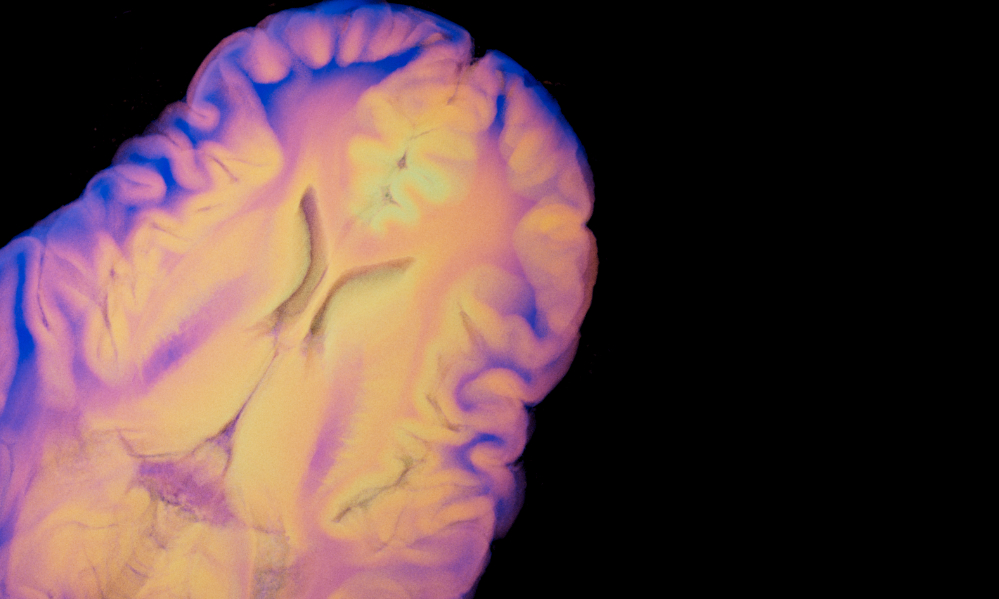
The Brain Research Study aims to understand how our brains change as we age. Donating your brain could help unlock the mysteries of complex disorders, keeping families healthier for generations to come. Currently, only an autopsy can definitively diagnose certain brain diseases. After a participant passes, an autopsy will be performed to determine with certainty whether the donor had Alzheimer’s disease and/or another form of dementia. All USC participants, including those with and without cognitive impairment, may qualify to donate their brains if they meet the eligibility criteria.
Contact to learn more: carlota@usc.edu